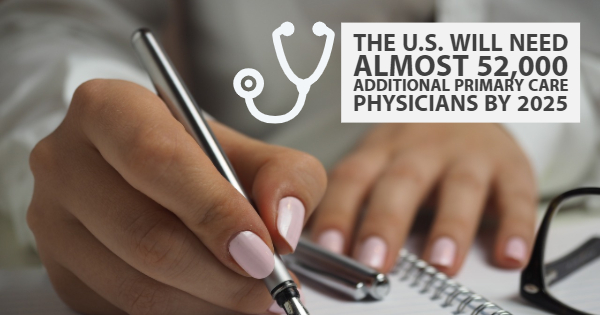
July 22, 2019
Why Medical Record Software Is the Most Important Software in Your Practice

Of all the software a medical practice may use, medical record software is the most important piece they will utilize. It will be used daily and for every single patient that the practice sees. As the most used piece of software, it’s important to have healthcare management software that works for your company. You need to ensure that your system offers top-notch privacy, ease of access for patients, and is in line with the necessary regulatory compliance.
Here’s why your practice needs to invest in medical record software you and your patients can trust.
Privacy is Important
Your patients are your business, so their privacy should be of utmost importance to your practice. Otherwise, their personal information might be stolen or their medical records accessed by unauthorized individuals. This breach in privacy could have bad consequences both for your patients and your practice.
Your healthcare software systems should include measures to keep patient privacy confidential. That includes keeping their personal information private, as well as their medical information under lock and key. HIPAA, the Health Insurance Portability and Accountability Act, maintains rigorous standards for patient data. This includes electronic data. Make sure your medical record software is fully HIPAA-compliant both for your practice and your patients.
Patient Convenience is Customer Service
A solid healthcare platform will allow scheduling and billing to be performed without any additional software. A scheduling system provides convenience to your patients in the way of appointment reminders and self-scheduling, two factors which are becoming increasingly important to patients across the United States. A self-billing system allows customers to make partial payments at their convenience, which benefits your practice in the long run by increasing collections. Meanwhile, self-scheduling has allowed patients to make appointments at their convenience. It also provides a platform to share healthcare data with your patients, which is the ultimate healthcare customer service.
Regulations Require Security
To meet the country’s healthcare requirements, the U.S. will need over 50,000 additional PCPs (primary care physicians) by 2025. To meet this demand, this means that a lot of doctors will be new to healthcare IT software. Medical record software should not be taken lightly by these newcomers; HIPAA regulations require that doctors and their practices secure medical data so as not to be exploited. HIPAA “establishes national standards to protect individuals’ medical records and other personal health information and applies to health plans, health care clearinghouses, and those health care providers that conduct certain health care transactions electronically.” Your practice’s health record software should fully acknowledge all of HIPAA’s requirements to prevent your practice from being at risk.
Whether you’re looking to increase patient convenience or trying to stay in compliance with HIPAA and other regulations, investing in personal medical records software is the best way to run your practice. Medical record software should provide ease of access to scheduling, allow for quick and efficient billing, and manage patient data securely, all while being within regulatory compliance. For more information, reach out to the experts at Excelicare today.
